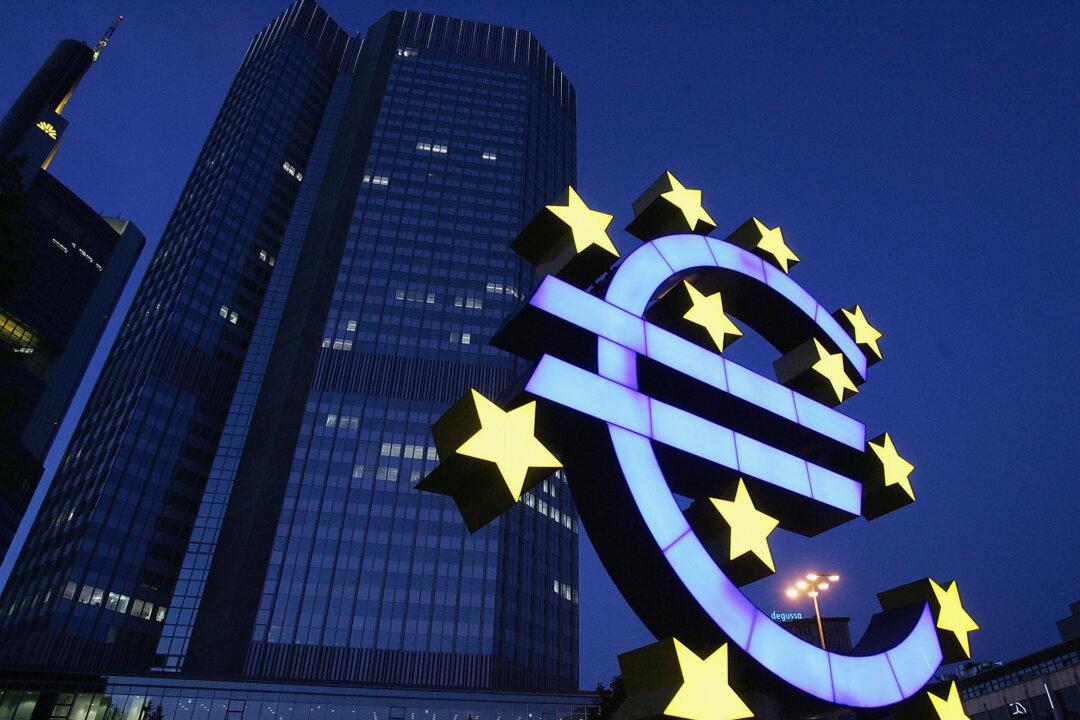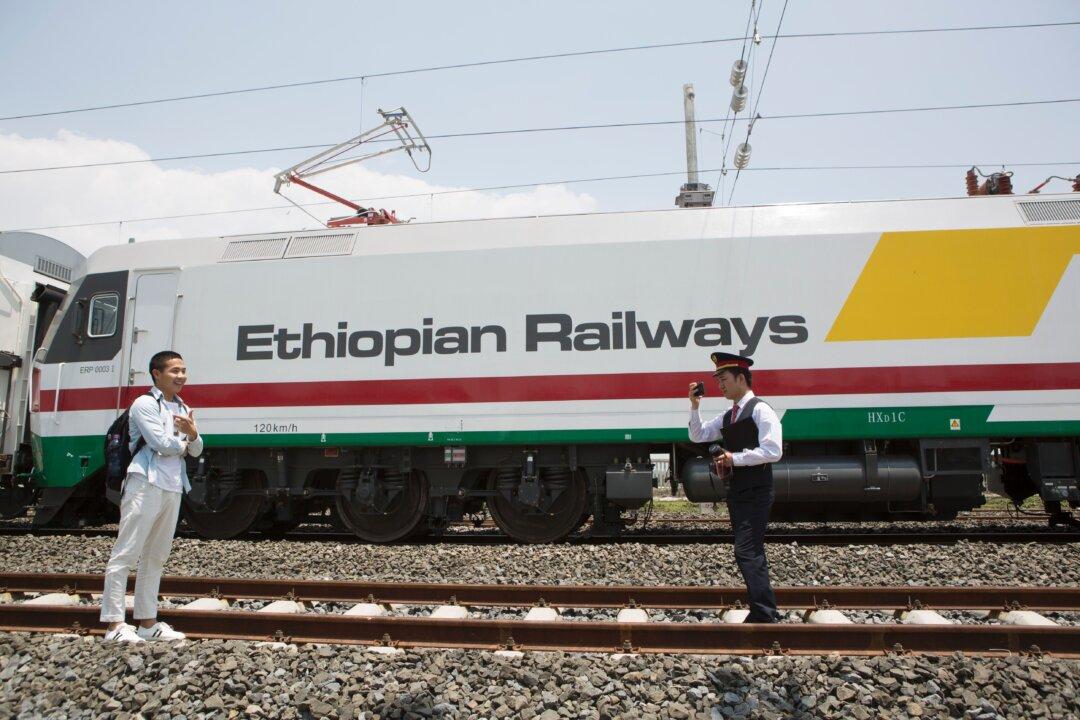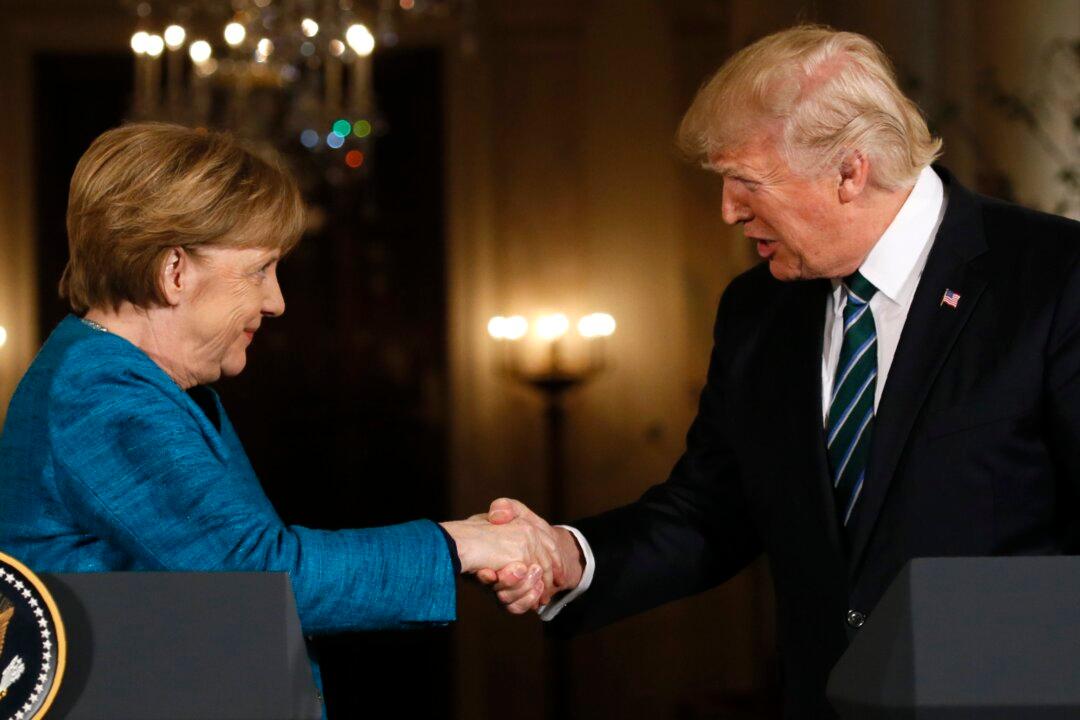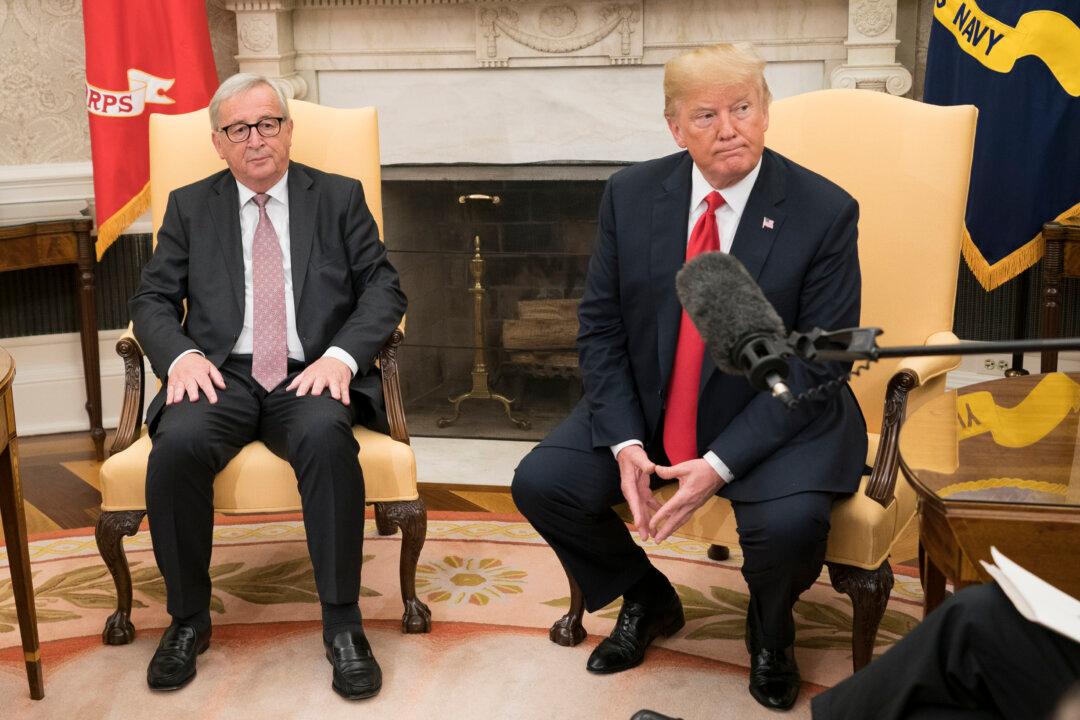The January 1999 introduction of a common currency, the euro, for several European Union countries was a great, visionary concept. It proved extremely helpful in facilitating business and afforded Europe a stronger position in global currency markets.
But today, the eurozone faces a crisis that can no longer be ignored or fixed without high costs.
Prince Michael of Liechtenstein is the chairman of trust company Industrie- und Finanzkontor Ets. as well as the founder and chairman of Geopolitical Intelligence Services. This article was first published by GIS Reports Online.
Author’s Selected Articles





